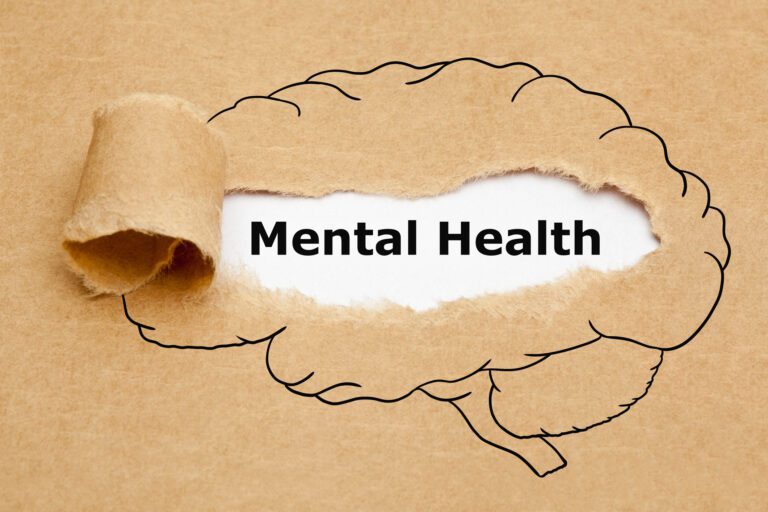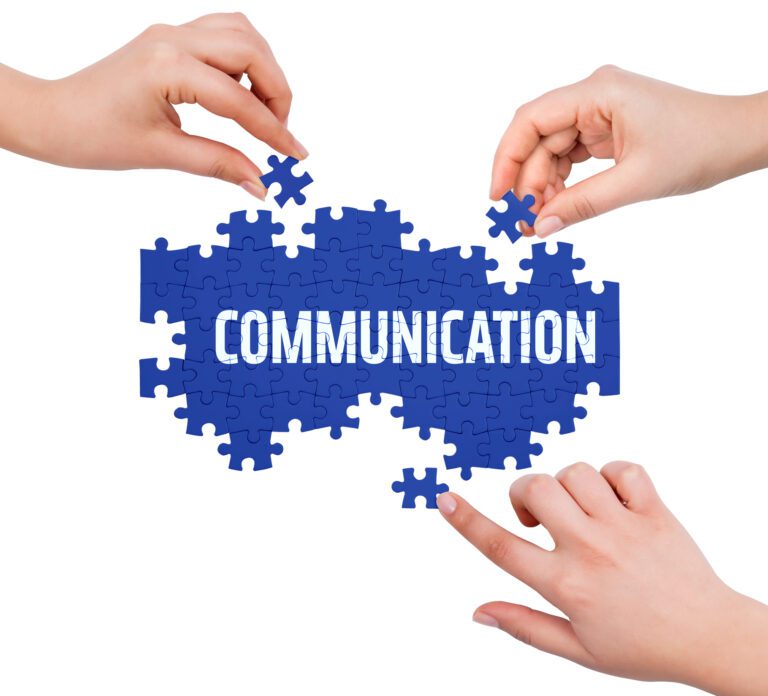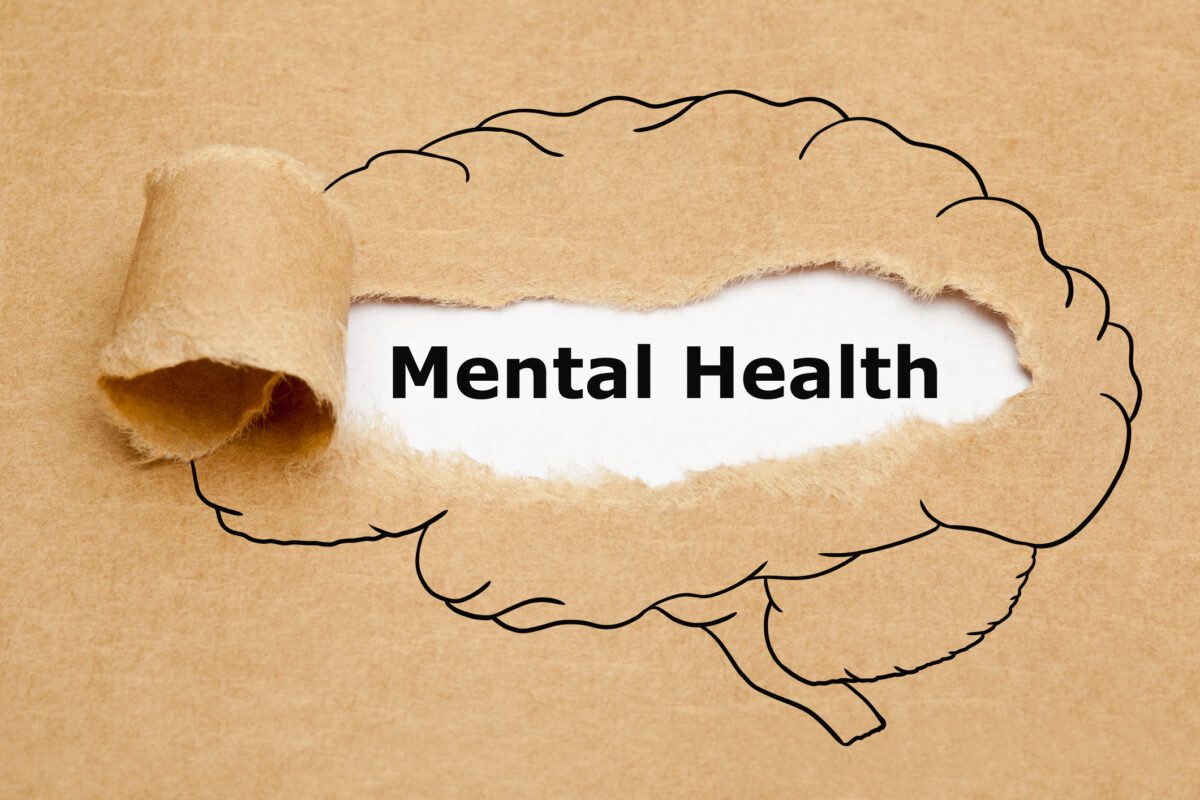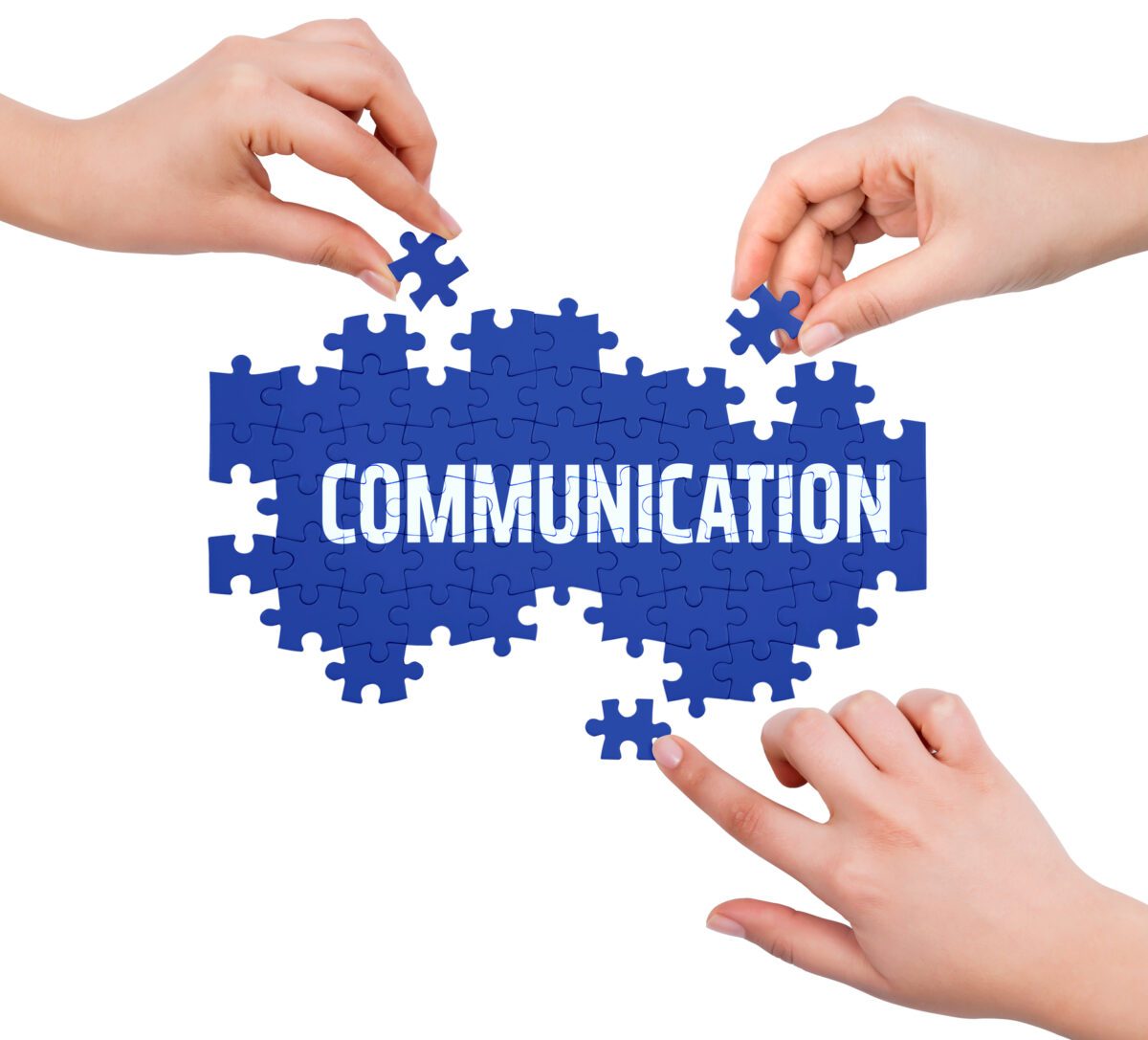
Teen Social Media and Body Image

One of the various risk factors for developing an eating disorder is poor body image. Social media is known to highly influence a teen’s body image, whether someone knows it or not. The message may be direct, such as weight-loss advertisements, or indirect messages, such as popular characters on TV or movies tend to live up to the thin and gorgeous ideal beauty standard that has been portrayed all over social media.
Studies show that 94% of teens use social media worldwide. Individuals are receiving their first phone right around the time of puberty, where social and peer engagement is critical.The teenage years are a time when an individual is developing their own sense of identity, attempting to fit into the social norm, and manage the hormonal changes of adolescence.
Comparing oneself to edited snap chat photos of attractive people or friends can contribute to the pressure to “fit in” with others. This phase of development and the strong emphasis on a “thin body ideal” can make developing a healthy sense of self challenging.
On a positive note, it is possible that the way our society portrays beauty can change. The body positivity movement can begin to help. Body positivity is a social, worldwide movement focusing on equality and acceptance for all body types and sizes.
Inevitably, social media is everywhere. While we work on portraying our bodies in a positive way, we still need to create boundaries to keep safe from toxic social media material.
Here are some tips for safe social media use
- Be selective with the accounts you follow and the type of media you consume on a daily basis. Get in touch with how you are feeling on each social media account, in order to determine if the site is healthy for your self esteem.
- Limit screen time to 2 hours daily. To take it even further, limit any media that may trigger insecurity or negative feelings of self. Do not stay on if you feel any of the media is triggering in a negative way.
- Check your intentions before logging on a social media site. Ask yourself how do you want to feel while online or even after. Be mindful to make a conscious choice to use social media in a positive way that will strengthen your self esteem and your connection with healthy peers.
- When you find yourself comparing, criticizing, complaining, or feeling worse than before you went online, it is time to log off and re-evaluate your social media choices. Take a break.
- Take charge of your emotional health. Set healthy boundaries around social media, and protect yourself from any content that makes you feel anything less than confident, safe, secure, happy, and joyful.

Kirsten Book, PMHNP-BC
I support the patient to help them feel empowered in their own recovery.


The Strong Connection of Eating Disorders and Suicide


ADHD and the difference Between IEP and 504 Plan

Back to School Preparation for Students with ADHD







